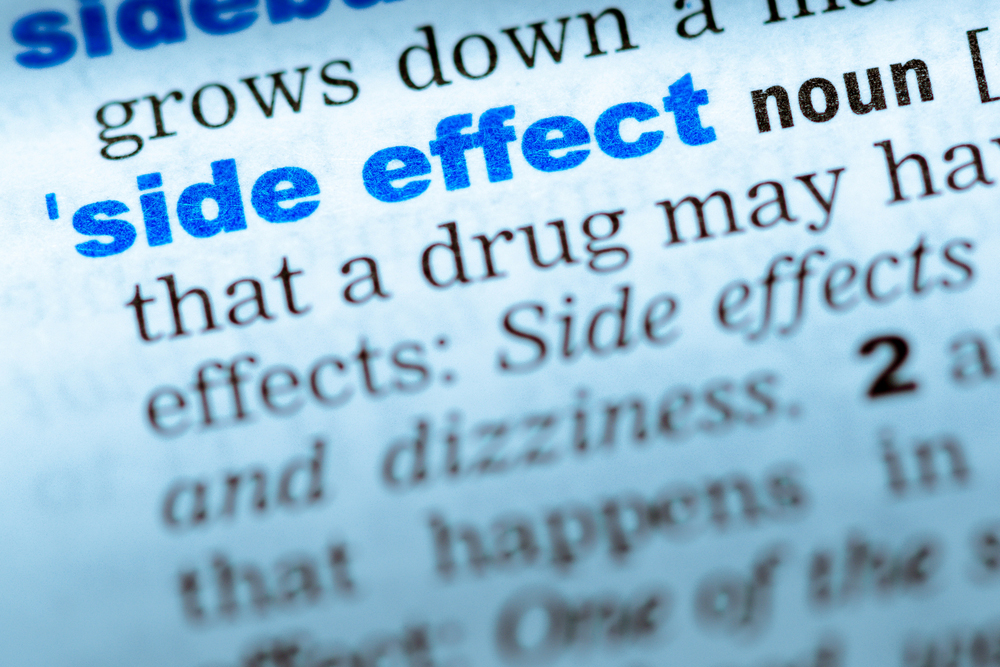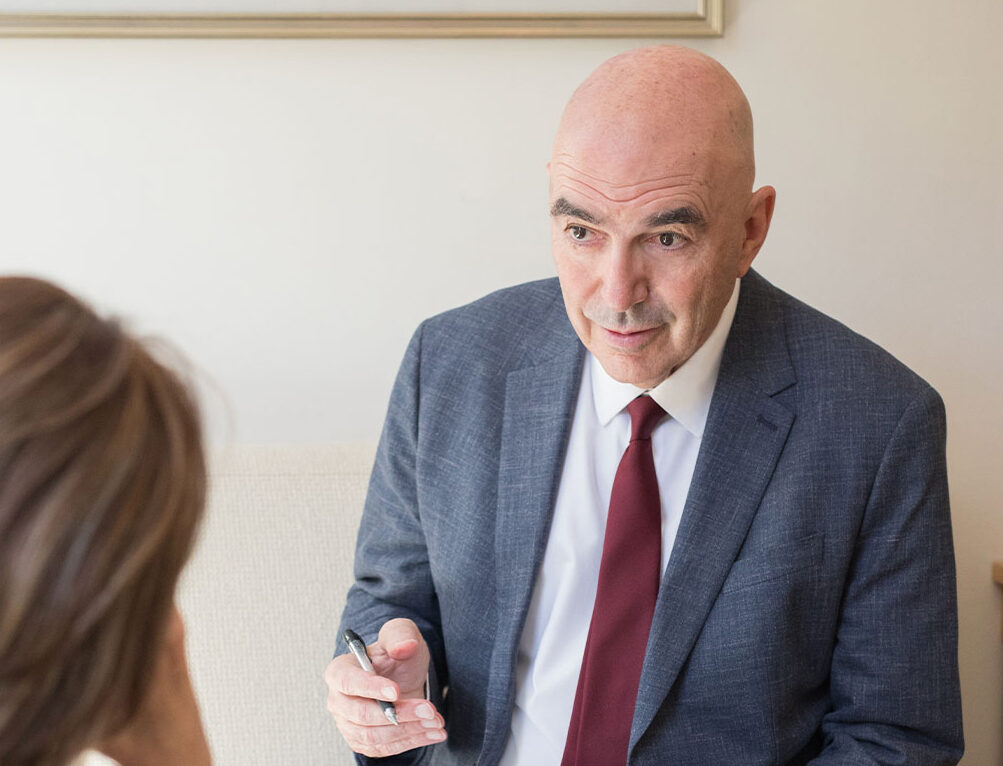
Baclofen: Side Effects, Uses & Detox Protocols
In the 2000s, a medication called baclofen gained popularity as a safe and effective treatment for alcohol use disorder. This muscle relaxant alters the release of neurotransmitters to reduce electrical activity in the central nervous system, specifically within the brain and spinal cord, and was prescribed by neurologists for patients suffering from conditions such as spinal cord injury, cerebral palsy, and multiple sclerosis.
If you are interested in taking baclofen to help you stop drinking, here’s what you need to know about how it works and what you can expect.
Alcohol Withdrawal Symptom Management
If you are physically and psychologically dependent on alcohol, it can be challenging to quit drinking because alcohol mimics the effects of neurotransmitters in your brain, like gaba, which have relaxing/depressing effects. Without the presence of alcohol, your brain will become imbalanced. This struggle to regain equilibrium results in withdrawal.
Typical acute withdrawal symptoms include:
- Anxiety
- Shaky hands
- Headache
- Nausea
- Vomiting
- Insomnia
- Sweating
The most dangerous side effect of alcohol withdrawal is delirium tremens, which can involve potentially fatal symptoms like seizures and hallucinations, including violent spasms. Because withdrawing can be so unpleasant, many people who try an at-home detox eventually return to substance abuse.
Dr. Howard Kornfeld on Our Philosophy on Detox and Recovery

“At Recovery Without Walls, we are committed to humane detox practices,” says Founder and Director of Recovery Medicine, Howard Kornfeld, MD. “Unlike many traditional approaches that may under-medicate during detox to ‘teach a lesson,’ we believe that a traumatic detox experience can be psychologically harmful, unnecessarily cruel, and that it can actually increase the risk of relapse. Our approach ensures that patients feel supported and comfortable, reducing the craving to return to substance use.”
What Is Baclofen?
Baclofen is a selective gamma-aminobutyric acid-B receptor agonist, which means it works to ease alcohol withdrawal symptoms and help people manage cravings. If you want to get sober, taking baclofen under medical supervision can be beneficial.
Baclofen has also been studied extensively in the treatment of alcohol use disorder with concurrent damage to the liver as well as kidney disease.
Since baclofen is a muscle relaxer, it can make you feel extremely drowsy. You may also experience dizziness, headaches, dry mouth or vision problems. While you are taking baclofen, alert your doctor about any changes to eye or skin color, muscle pain or weakness, breathing difficulties or increased muscle spasms.
If you take baclofen for the treatment of alcohol use disorder, you’ll also need to avoid adverse effects through drug interactions with depressants such benzodiazepines, sleep medications, opioids and barbiturates.
A well-managed detox program such as those administered by the team at Recovery Without Walls is essential to avoid unnecessarily unpleasant and harmful side effects.
We understand that recovery journeys are seldom linear and that there is the real risk and likelihood of relapse during the process of treating alcoholism, but it is extremely unsafe to consume alcoholic beverages if you have been prescribed or are taking baclofen. Combining baclofen and alcohol can cause serious side effects like impaired motor skills, memory problems and dangerously slowed breathing and chest pains. It is also possible to overdose on baclofen and alcohol.
Please seek immediate medical attention if you begin experiencing severe drowsiness, impaired muscle movement or unexplained muscle stiffness. These symptoms are not normal side effects of baclofen and may indicate an underlying medical condition. Do not mix baclofen with other prescription drugs or nonprescription drugs without first consulting a healthcare professional.
Recovery Without Walls is able to consult with your existing care team to ensure optimal prescription strategies.
How Is Baclofen Administered?
Baclofen tablets are the most commonly prescribed form of this medication, but treatment can also be administered as an oral solution in liquid form for recovery patients.
In serious neurological cases, either transdermal or intrathecal baclofen administration through pump infusion are employed.
Understanding the Potential Risks & Common Side Effects of Baclofen
Baclofen can be helpful for people withdrawing from alcohol. Research shows baclofen is significantly better than other treatments at reducing alcohol cravings, which can be especially strong during the early stages of withdrawal. Using baclofen can make your detoxification process more comfortable, helping you to stabilize and move into the next phase of treatment.
Without alcohol as a crutch to help them relax, people who struggle with anxiety disorders can feel overwhelmed and experience insomnia and panic attacks. As a muscle relaxer, baclofen can also help ease the anxiety that comes with alcohol addiction and withdrawal, though it should not be prescribed for anxiety alone.
How Baclofen Can Fit Your Treatment Plan
At Recovery Without Walls, we incorporate baclofen into our post-detox treatment plans for individuals who have completed the initial detoxification phase. Here’s how it works:
Post-Detox Cravings Management:
- Evening Routine: Many individuals struggle with cravings and uneasiness in the evening after detox. To combat this, we might prescribe a small dose of baclofen, sometimes paired with gabapentin. This “cocktail” can be taken at the end of the workday, providing relief when cravings for alcohol are often at their strongest.
- Before Bed: If needed, an additional dose can be taken before bedtime to ensure a restful, alcohol-free night.
Customizing Dosages:
- Starting Small: We start with the smallest possible dose, often recommending that patients take half of the smallest pill to gauge their reaction, as individuals can vary significantly in their sensitivity to baclofen.
- Adjusting as Needed: After a few days, once we understand the patient’s response, we adjust the dosage appropriately. The limit approved by the U.S. Food and Drug Administration is 60 milligrams per day, though the European Medicines Agency approves up to 90 milligrams.
Addressing Concerns and Side Effects
While baclofen is effective, some patients express concerns after reading about potential side effects. It’s important to note that:
- Managed Carefully: When managed carefully by our experienced team, baclofen is a safe and valuable part of post-detox care.
- No Major Organ Toxicity: Baclofen is not toxic to the liver or kidneys, which is a significant advantage over other medications like benzodiazepines.
While baclofen is an effective tool in managing post-detox cravings, every individual’s response to treatment is different and it is important to be aware of potential side effects. Some individuals may experience feelings of sleepiness, tiredness, dizziness, or muscle weakness. These sensations can often be managed by a dose reduction or adjustment under the guidance of our medical team. If these symptoms persist, we may recommend taking the medication at a different time of day or in conjunction with meals to minimize their impact for an optimal response.
Other side effects may include nausea or vomiting, diarrhea, abdominal pain, headaches, and problems sleeping. These gastrointestinal and neurological symptoms are typically quite mild and will likely subside as your body adjusts to the medication. Staying hydrated, maintaining a balanced diet with an emphasis on soft foods, and using over-the-counter remedies can often help alleviate these issues. For persistent problems, our team is always available to provide additional strategies and support to ensure your comfort during treatment.
In some cases, baclofen can cause dry mouth, rapid eye movements, blurred vision, or difficulty focusing. Additionally, excessive sweating, a mild rash, increased need to urinate, or pain during urination might occur. These side effects are generally manageable and should be reported to our medical staff, who can adjust your treatment plan as necessary. At Recovery Without Walls, our priority is to ensure your treatment is as effective and comfortable as possible, addressing any side effects promptly and compassionately, with proper administration by skilled clinicians to minimize risks.
Why Our Practice Utilizes Baclofen for Managing Alcohol Withdrawal
- Non-Addictive Alternative: Baclofen offers a non-addictive alternative to benzodiazepines, making it suitable for long-term management without the risk of developing a secondary dependency.
- Ease of Adjustment: Patients can gradually adjust their dosage as needed, offering flexibility and control over their treatment.
Recovery Without Walls is a private medical practice operating in the San Francisco Bay Area of California specializing in pain, addiction and integrative mental health treatments including ketamine-assisted therapies and psychedelic integration services.
We do not accept health insurance.
With decades of experience helping patients find relief for chronic conditions, the Recovery Without Walls staff is here to provide compassionate, personalized treatment for recovery and mental health.
The Recovery Without Walls team is capable of maintaining care protocols remotely for certain conditions and treatments, but does require an initial, in-person appointment for all new patients.
Contact our team of healthcare professionals to book a consultation for medical advice, or to discuss accommodations for out-of-state patients facilitated by our extended provider network. We’ll work with your existing healthcare provider to craft a custom care plan that fits your needs and help craft alternative treatment options where others have.
Or explore our pain, addiction, and integrative mental health services and learn more about us and our team.

